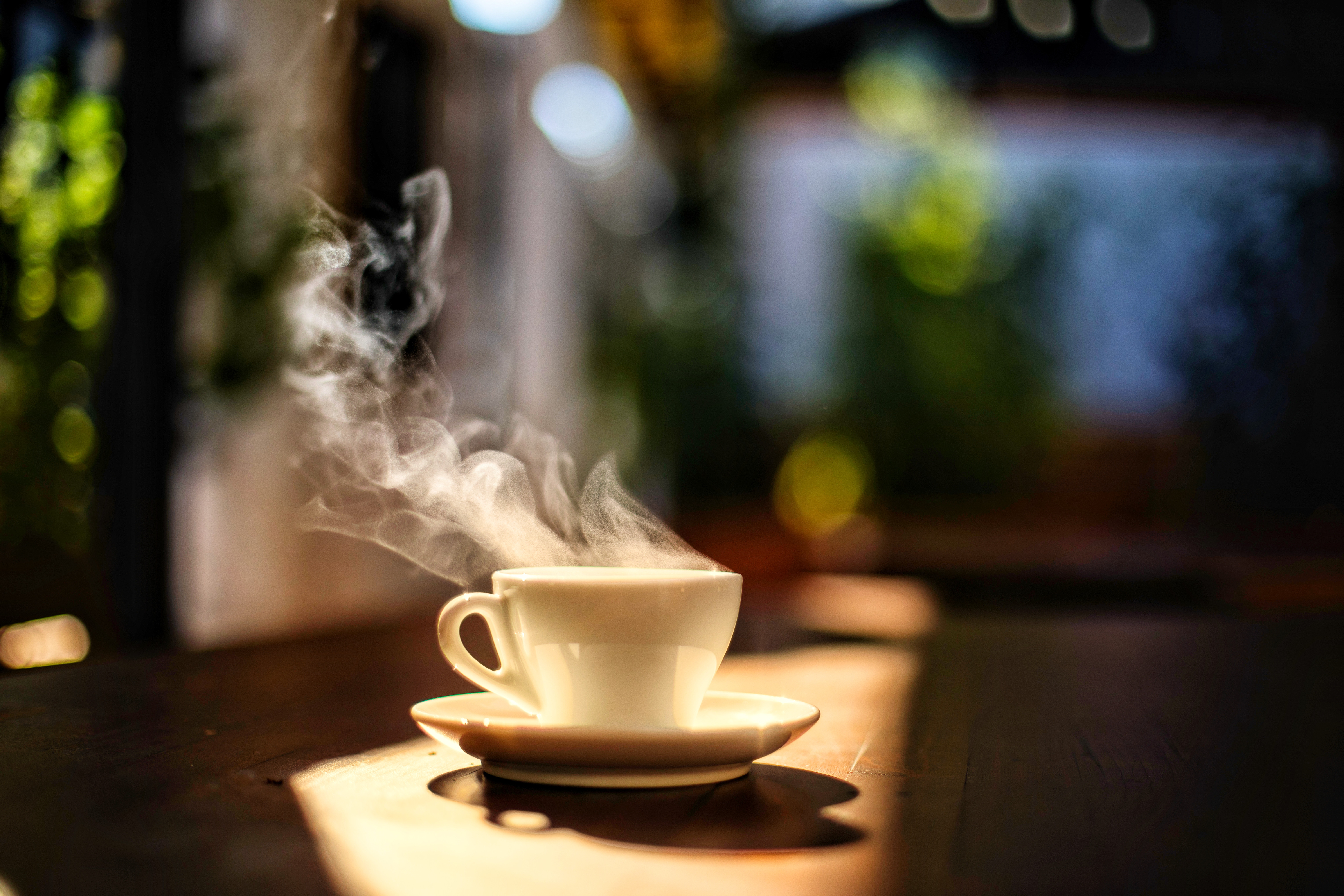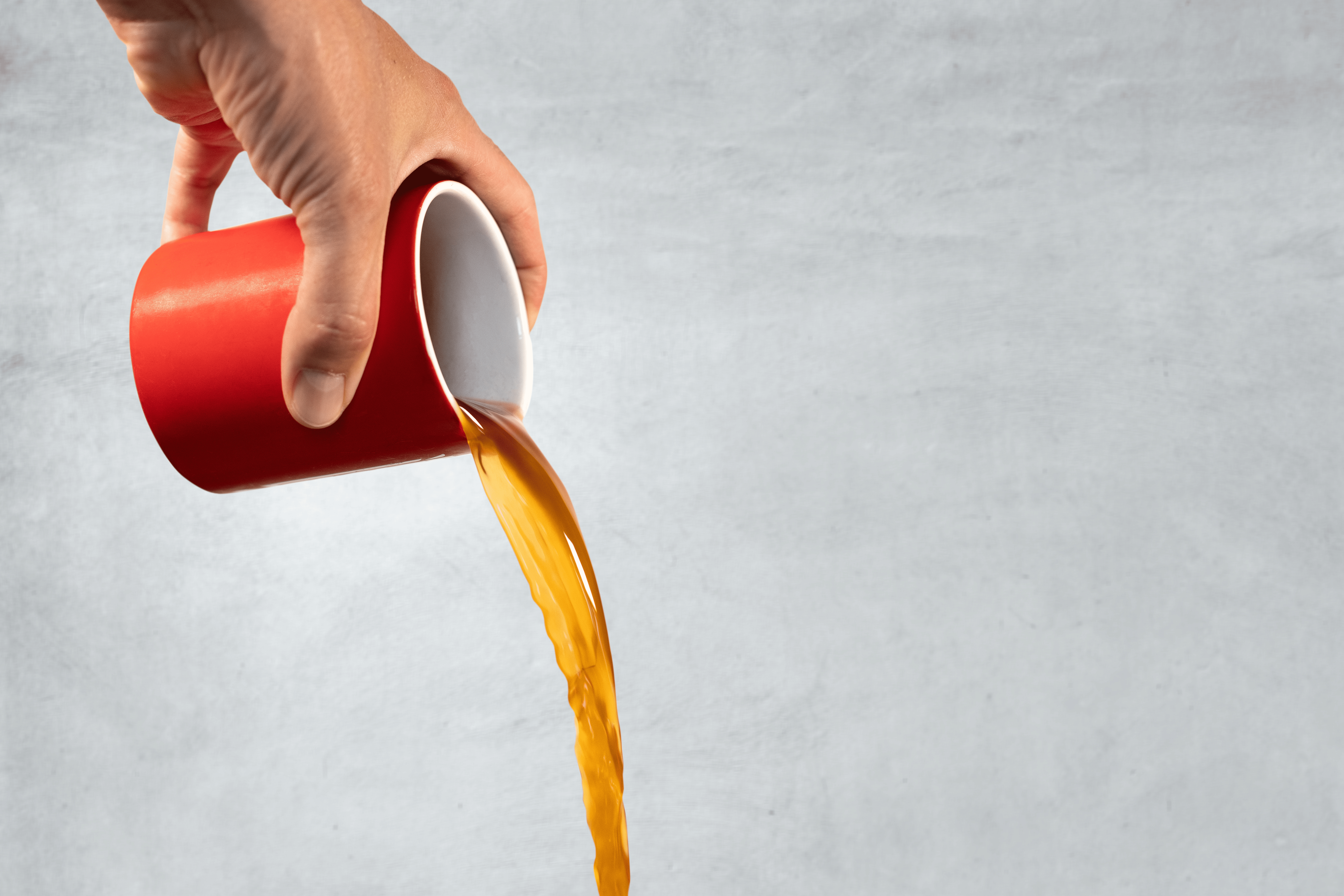While some bitterness in coffee is acceptable, and often desired by many coffee drinkers, bitterness that overpowers the other flavors of the coffee is never pleasant. Morning coffee that is too bitter can be rough on the tastebuds and can undoubtedly be a rough way to start your day.
Coffee has a natural bitter component to it due to its caffeine content. But this only accounts for about ten percent of the bitterness you may taste when drinking coffee. So what accounts for the other ninety percent?
This begs the question, why does some coffee taste bitter? Coffee bitterness typically comes down to using inferior coffee beans, or your brewing methods are flawed. Using high-quality arabica beans and ensuring that your grounded coffee is not over-extracted will prevent any bitterness in your coffee.
Let’s dig a little deeper into the best kind of coffee beans to use and exactly how to avoid over-extracting your coffee grounds.
Best Coffee Beans to Use to Avoid Bitterness
The type of coffee bean you use to brew coffee plays a significant role in the bitterness or lack thereof in your cup of coffee. Many less expensive coffee beans you see on the shelves at your local grocery store are robusta beans. We’ll look at the two main types of coffee beans: Robusta and Arabica.
Robusta Coffee Beans
Robusta coffee beans, especially if they are a lower grade or an overly dark roast, will always produce a bitter taste regardless of how it is brewed. Instead of tasting a variety of flavors, such as floral, spice notes, or chocolate notes, you often get a cup of coffee whose bitterness overpowers these desired flavors.
These less superior beans don’t taste as good as Arabica beans but are used because they cost less.
Why are Robusta coffee beans less expensive and inferior to Arabica? Robusta beans are easier for farmers to grow, making them cheaper to produce. This is because they are a much hardier plant that can be grown in lower altitudes. Robusta can endure harsher weather conditions and are less prone to disease.
Often, if a company prioritizes cost over flavor, Robusta is purchased. This is true a lot with instant coffees.
Arabica Coffee Beans
Arabica coffee beans are the most common species of coffee produced and deemed far superior to coffee made with robusta beans. These beans are grown on a species of coffee tree called Coffea Arabica.
One reason they are more expensive is that the plant is more difficult to grow. First of all, Coffea arabica plants can only be cultivated between the Tropic of Cancer and the Tropic of Capricorn. Second, they are less resistant to disease.
Another factor contributing to their higher cost and exceptionality is that Arabic beans contain nearly sixty percent more lipids and double the sugar of Robusta beans. Not only does this give the beans a better taste overall, but it causes them to be less bitter. These qualities play an essential role in the coffee’s flavor, body, and aroma.

Even within the Arabica family, there are various quality levels. Farmers will separate their highest quality beans from the rest to sell for more profit. All coffee is graded and scored according to quality and flavor. The beans that score the highest are considered a specialty coffee.
The beans we sell are considered specialty coffee due to their high quality and how we roast them. Every bag is 100% Arabica Beans and roasted to order. We make it our mission to provide you with the best and freshest coffee beans without any bitterness overwhelming the unique flavors of the beans. To check out what makes our coffee so special and our various flavors click here.
Unfortunately, you won’t find specialty coffee at your local grocery store, even though you will still see plenty of Arabica. Be cautious if you are going to buy from a supermarket. Many of their bags of coffee will say Arabica, but in actuality, be a blend of Arabica and other less expensive beans.
Other Factors Affecting Bean Quality and Bitterness
Other than the quality of the bean, it’s important to note that even the best Arabica bean can leave you with a bitter taste if it’s stale or over-roasted.
First, let’s talk about stale coffee. The primary factor affecting the freshness of your coffee beans is oxygen, which is why storing your coffee in a quality storage container is essential. We recommend the Coffee Gator. Not only does it provide air-tight storage, but it also eliminates further staleness caused by light.
The second factor affecting bean quality and bitterness is over-roasting. Coffee roasters will often over-roast their beans for two reasons. Either it’s an attempt to hide the fact that their beans aren’t that great to begin with or simply because they aren’t very good at their job.
Over-roasting coffee beans can create bitterness and that dreaded burnt taste—neither of which anyone enjoys.
Here at Taste the Latte, our master roaster is an expert at roasting. When purchasing our coffee, you will never again get coffee beans that have been over-roasted or burnt. Once you taste our specialty-grade coffee, you’ll never want to return to your old supermarket brands.
Brewing Methods to Avoid Over-Extraction
How the coffee beans are brewed is the next major factor attributing to whether or not you’re going to get a bitter cup of coffee. During the brewing process, if your coffee grounds are being over-extracted, you’re going to create bitterness.
Extraction is the process of pulling the flavor out of the coffee bean by means of hot water. A chemical reaction occurs when water is combined with coffee grounds, dissolving the flavor compounds. When the beans’ flavor is extracted for too long, a bitter taste will emerge in your coffee.
This is especially true when using a French press. If coffee is left in the French press after the plunger has been pushed down, the beans will continue to be extracted, thus producing a bitter cup of coffee. To avoid this, be sure to remove coffee immediately from the device.
Here are some tips and tricks to avoid over-extraction.
- Ensure your water isn’t too hot: Water between 195 and 205 degrees is perfect. You don’t want your water overboiling when pouring over the grounds. Let it sit for thirty to forty-five seconds to cool off.
- Don’t steep coffee for too long or the bitter flavors to come through.
- Experiment with the grind size you use. Depending on the brewing method, your grinds may be too coarse or too fine. If grounds are too coarse, it can lead to under-extraction, and if they are too fine, it can lead to over-extraction and bitterness. Read more on “How Fine Should I Grind My Coffee Beans?”
- Don’t use too much water. When brewing, using too much water can lead to bitterness because the excess water extracted from the coffee grounds is past the desired point. Read more on “What is the Best Coffee to Water Ratio?”
- One last tip that doesn’t involve the extraction process is to ensure your brewing equipment is clean. Old coffee residue or limescale buildup can produce bitterness or astringent flavors if left unclean. Using a coffee maker cleaner or descaler is a great way to keep your devices clean and brew delicious tasting coffee every time.
Final Thoughts
Overly bitter coffee is just not enjoyable to anyone, but thankfully there are some ways to decrease that bitterness. First, start with a high-quality Arabica bean. Next, ensure you follow our five tips on how to avoid over-extraction. Once you’ve done this, you are on your way to making that perfect cup of delicious, non-bitter coffee.
What is the Ideal Temperature for Coffee?
When attempting to create the perfect cup of coffee, many factors come into play: coffee beans, grind size, brew method, and coffee-to-water ratio, to name a few. Another detail to…
How To Know If My Coffee Maker Has Mold?
Most people love waking up to the smell and taste of a hot cup of coffee. It not only gives our bodies a wake-up boost from the caffeine but also…


